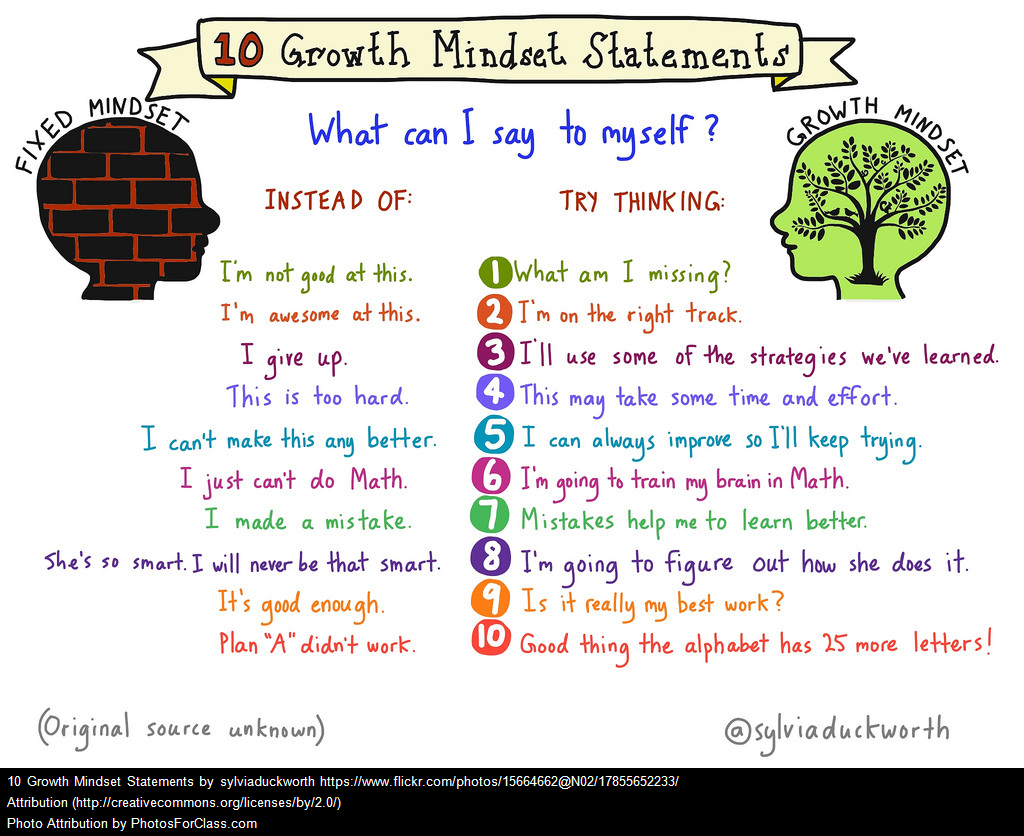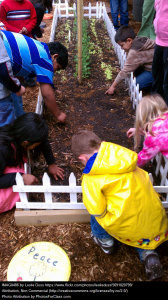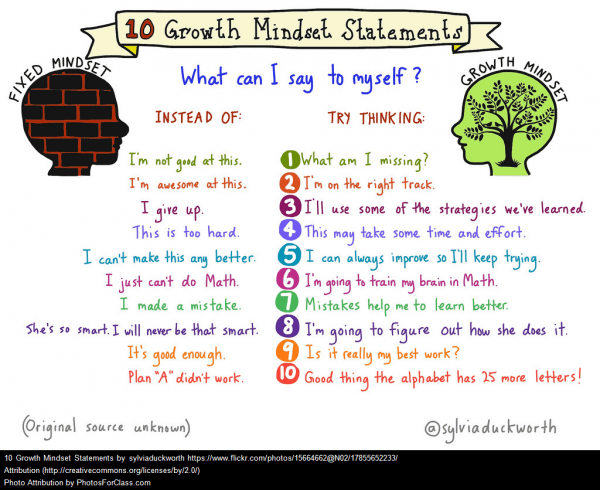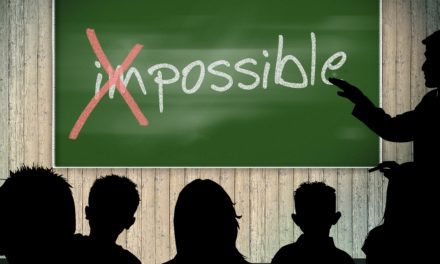I am honoured, for the fifth year in a row, to write the official back-to-school post on the LEARN blog. How do I always come up with something fresh(ish) and new(ish) to write about? Believe me, every September I struggle and I do feel a certain amount of stress. Despite those feelings, I accepted the request of our blog editor when she asked me in August if I would uphold my “first post of the school year” tradition. My response: “I don’t have any ideas for this year…YET!”
That one word, yet, is very powerful! What does it signify? For me related to this blog post, it meant that even though in mid-August, I didn’t know something, I had faith that “not knowing” was a temporary state. I wasn’t giving up after coming up blank on topics for thirty seconds, or even a few days. I had the belief that, by putting in several days of thought, and planning a professional learning day for the online teachers, I would find a good topic. By putting in the time, reflection, effort, research, and discussion with colleagues, I knew that the topic would come to me. Happily, I have a GROWTH mindset.
Growth Mindset vs. Fixed Mindset
For those of you who are familiar with the work of Stanford University psychology professor Carol Dweck, growth mindset is not new to you.
According to Dweck’s definitions, “In a fixed mindset students believe their basic abilities, their intelligence, their talents, are just fixed traits. They have a certain amount and that’s that, and then their goal becomes to look smart all the time and never look dumb.”
“In a growth mindset students understand that their talents and abilities can be developed through effort, good teaching and persistence. They don’t necessarily think everyone’s the same or anyone can be Einstein, but they believe everyone can get smarter if they work at it.”
Or, to use that word yet,
- With a fixed mindset, a learner might think, “I can’t do that!” and stop trying.
- A learner with a growth mindset, would instead think, “I can’t do that YET,” and put in place all available strategies to tackle the problem.
Looking at one study in Dweck’s research, students were asked to complete a puzzle. After completing the puzzle, all of the participants were praised. One group of students was told they must be very smart and talented to have completed the puzzle. The other group was praised for the hard work and effort put into the puzzle. As teachers, when we use praise, our intent is to encourage students and instill them with confidence and self-esteem. All good, right? That’s not what the study found. It turns out, not all praise is necessarily good praise.
After being praised, the participants were offered a choice in the puzzle they would work on next. When given the choice between puzzles described as being within their comfort zone (they would certainly succeed) or puzzles that would challenge them (they would make mistakes but learn), most students who had been praised for their intelligence selected the easier puzzle, whereas the majority of the students praised for hard work selected the more challenging one.
The study was repeated several times with the same results. You can read more about Dweck’s fascinating and revealing research by following the links below, but what I really want to consider is how her findings might impact us as teachers and learners.
Pause before you praise
Listen to how you praise students (and your own children). If you start to give a student feedback that focuses on his/her talents and intelligence, wait a moment. Consider instead the effort and process that the student has put into the work and try making encouraging comments related to that. If the student had no trouble completing the work and made no mistakes, encourage them to try something more challenging that may even allow the student to struggle a bit.
Check your own mindset
Do you believe in the power of your own attitude and effort, or are you limiting yourself to your own teaching comfort zone? Yes, trying something new leaves us open to making mistakes, struggling, and feeling stressed. Believe me, I have made epic mistakes when tackling new things. I do get frustrated when trying to figure out something challenging for the first time. However, I have learned from most of my mistakes, and felt the exhilaration of FINALLY being successful with something that had previously seen me pulling my hair out. Staying in one’s comfort zone rarely gives us those same amazing highs and real feelings of accomplishment as when we take on, and finally conquer, a new challenge.
I will leave you to consider the question posed to our online students this year in their first assignment in which they introduce themselves to their new online teachers: Describe a situation (not necessarily at school) where you had to work hard at something to succeed.
Feel free to comment below to answer this question for yourself, or consider how a growth mindset may have helped you or your students succeed.
Wishing you an exciting year of growth and learning!
The Educator and a Growth Mindset – Jackie Gerstein’s thinglink (click on dots on the infographic for more resources)
TEDx video: The Power of Belief: Mindset and Success, Eduardo Briceno







